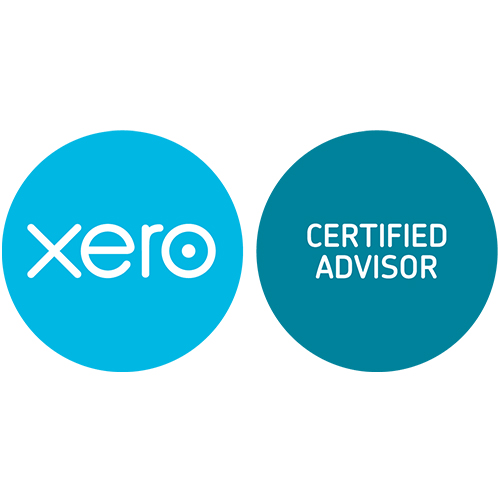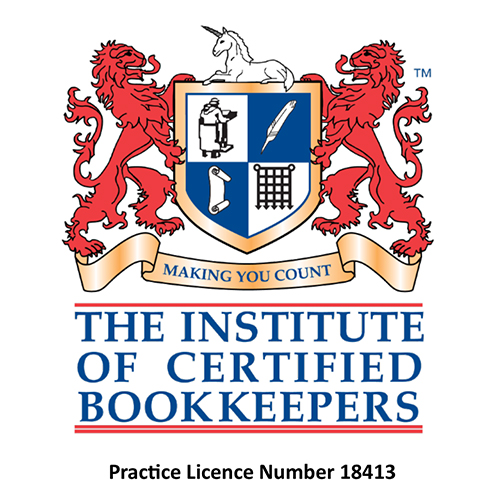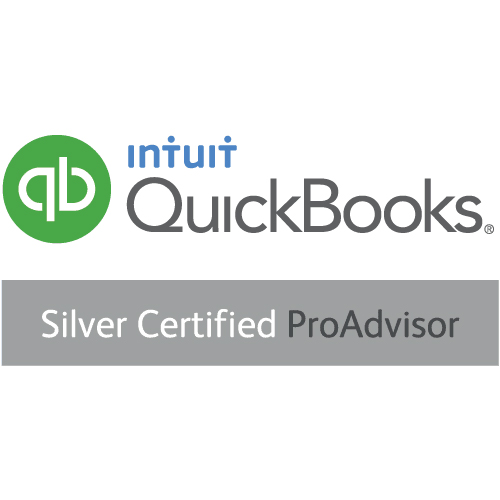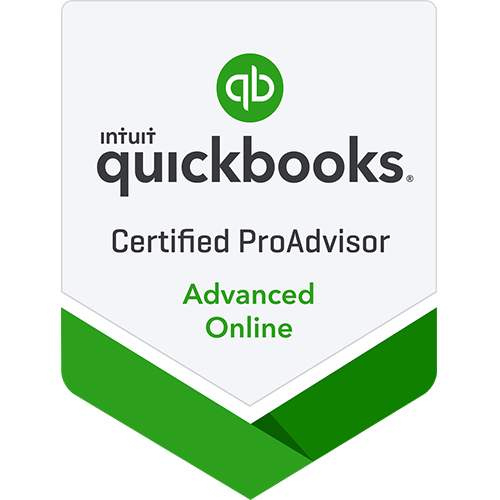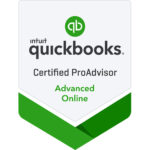Has your business reached a point where you need a bit of help? Maybe you’re expanding and need lots of extra pairs of hands to fulfil all those orders or take on new clients. Perhaps the paperwork mountain is getting out of hand and you feel like you might need a Sherpa to scale it. It’s great news for your business, but recruiting employees brings a new level of responsibility along with some additional legal duties. While an employee can help you to grow your business there will also be a cost attached, so think about whether you can afford them. Here’s our quick overview of the things you need to think about as a new employer.
Tax and National Insurance
If you’ve never employed anyone before, your first step is to register as an employer with HMRC and set up PAYE so that tax and National Insurance is deducted from your employees’ pay at source. You’ll also need to pay employers’ National Insurance contributions. There are various different ways to run payroll (your employees won’t stick around for long if they don’t get paid on time) so work out which method suits you. You can pay an independent provider to do it for you or buy software and do it yourself.
Employee pensions
Since 2008 all employers in the UK need to make sure that their employees are enrolled into a company pension scheme. It’s called auto enrolment but unfortunately, it’s only automatic for your employee. You need to do the work to make sure it happens. Your responsibility to provide your employee with a pension begins on the day they start work so make sure you’ve got everything set up in advance. Auto enrolment only applies to staff aged between 22 and pension age and earning over £10,000 a year. If that doesn’t apply when they start, you’ll need to monitor their age and salary to ensure they’re added later.
Check your insurance
You’ve probably already got some business insurance in place. When you have an employee, you’ll need to add employers’ liability insurance into the mix. It’s a legal requirement and you can be fined up to £2,500 per day if you aren’t properly insured. Hopefully that will put things into perspective if your policy quote seems expensive. Employers’ liability insurance covers you for claims for any work-related injury or illness. It will also usually include access to a specialist solicitor and payment of their fees. While we’re on the subject, think about health and safety and carry out risk assessments so that you can hopefully prevent accidents before they happen.
Make yourself an attractive choice
If lockdown taught us anything, it’s that employees are willing to leave an unsatisfactory job. There’s lots of talent in the recruitment pool at the moment so it’s worth looking into how you can make your business attractive to the best people. You could offer financial incentives, flexible working or even pizza in the office every Friday. Job seekers are increasingly looking for employers whose values match their own or who enable them to have a better work life balance. What can you offer that will help you to recruit the right person?
The steps you need to take before you take on an employee will depend on your individual circumstances. You can find useful guidance from HMRC here. We’d love to answer any questions you have about this topic and anything else relating to your business finances. You can get in touch on our contact page or drop us a message on Facebook.






